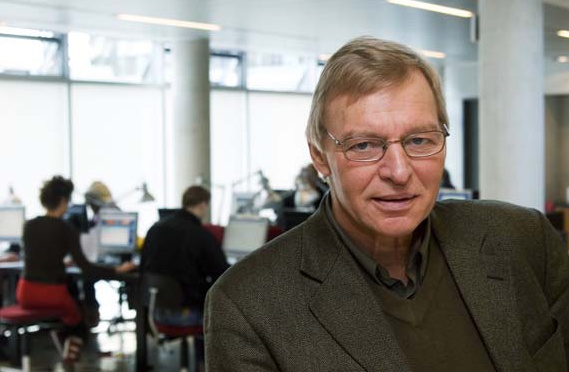
|

DemocracyDemocracy and Fundamental Democratic ValuesDemocracy means literally government of the people. Thus the freedom and power to govern lie in the hands of the people. Denmark has not always been a democracy. Only 200 years ago, Denmark was ruled by an absolute monarch, but general discontent prevailed among the people, and on June 5, 1849, King Frederik the VII submitted to the demands of the people. The constitution of 1849 formally marked the transition to democracy, laying the foundation for the political system we have today with free elections ensured by law. Another significant alteration of the democracy took place in connection with the so-called political system change in 1901, and in connection with the amendment of the constitution in 1915 when women and servants were granted the right to vote. Beyond laying down the system of government, the constitution also lays down the rights and duties of citizenship. Thus the constitution guarantees the people basic rights of citizenship such as the rights of liberty. Beyond national legislation, there are numerous international conventions protecting the basic human rights. E.g. the European Human Rights Resolution, which forms part of Danish Law. E.C. Law also contains provisions regarding the rights of the individual, having an increasingly higher degree of influence on our daily lives. The democracy in Denmark has been developing ever since it was instituted, and is constantly in motion. Any citizen has a voice in the democracy. However, these rights of citizenship also oblige any citizen to participate actively in the democracy, and take responsibility for the development of society. Democracy is more than laws, rights and duties. It constitutes a fundamental way of thinking, demanding respect for others’ opinion. Thus democracy is influenced by the way we talk about it, and the way we interact in our community. This applies for all citizens, authorities, politicians, the media, other nations, etc.

Interview Ove Korsgaard The Concept of Democracy Needs to be UpdatedThe conditions for democracy changes as the surrounding society changes. But unfortunately, this is not taken into account properly. Thus states ass. prof. Ove Korsgaard, leader of the Institution for Educational Philosophy at the Danish University of Education. Democracy is never at a stand still. It has grown and been developed in Europe throughout a couple of centuries, and it is not a finished story. According to Ove Korsgaard, the historical evolution demands that we take new steps in the democratic history of Denmark: “Denmark has since 1972 become a member of EU, and our society has become much more multicultural. This faces our democracy with a completely new set of problems. Today we stand fumbling towards the relations between religious, cultural, ethnic and political differences. We haven’t dealt with that for decades, however now it has become a political mine field. The differences have changed dramatically and given us new challenges, that we need to face,” says Ove Korsgaard. He underlines that education in democracy has to be better at handling the development: “Democracy is a very wide and sometimes a diffuse notion, that are being used about just about everything,” says Ove Korsgaard, who believes that democracy education in the school focuses too much on the way we are when we are together, how we speak to each other and how to make a group work. “That is important – I wouldn’t deny that. But it is only a part of the whole. One also needs knowledge – an introduction into what democracy is, what a State Governed by Law is, how opposition and interaction unfolds in political life.” CitizenshipOn this basis, Ove Korsgaard suggests that the concept of citizenship is introduced as a compulsory subject in the school. “The objectives of the teaching become more explicit and comprehensible.” Since 2002 the students in England have been taught the concept of citizenship, which may be divided into three different aspects. Ove Korsgaard elaborates: “The students shall learn about the pillars of democracy, the development of democracy, and terms like citizenship, citizen, union citizenship, world citizenship,” says Korsgaard. Secondly, the students shall learn about the fundamental values of democracy and its dilemmas. “The fundamental values of democracy are examined. How do we balance the relation between equality and liberty, and religion and politics? Which values shall a democratic education focus on? Criticism, tolerance, and the will to accept comprises, are e.g. key aspects of democracy.” Clarity and StructureFinally, the students shall learn how to communicate in a democratic fashion, and how to solve conflicts: “The students shall acquire skills that make them able to level their arguments in public. The ability to use the media actively is a vital qualification, if you want to join the public debate in our society. Furthermore they shall learn how to solve problems and conflicts.” Ove Korsgaard believes that teachers fail their educational obligation, if they only focus on one third of the aspects, and he is afraid that this error is prevalent within the Danish educational system: “Introducing the concept of citizenship will help clarify and structure something that is generally difficult to comprehend. Furthermore it ensures that all aspects of democracy are dealt with.”

|
||||||
|
To the top of the page |